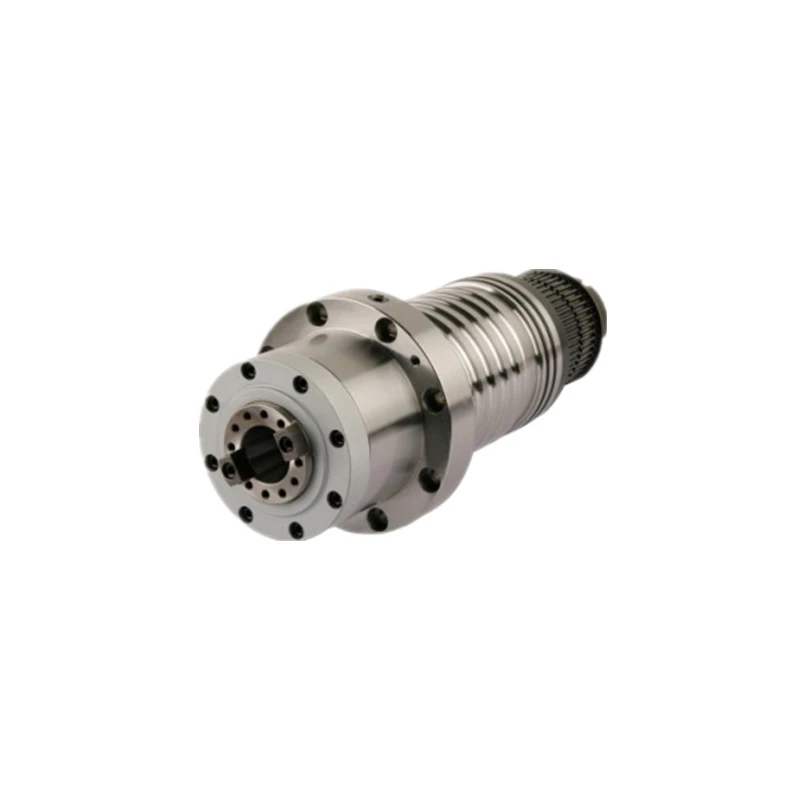12 月 . 04, 2024 09:50 Back to list
telémetros infravermelhos
Infrared Telemeters Measuring Distances with Precision
Infrared telemeters, or infrared distance measuring devices, are technologically advanced instruments that utilize infrared radiation to ascertain distances with remarkable precision. These devices are gaining momentum across various industries, from construction and surveying to robotics and autonomous vehicles. Understanding the workings, applications, and advantages of infrared telemeters can reveal why they are becoming an essential tool in modern measurement techniques.
At the heart of an infrared telemeter is the principle of measuring the time taken for an emitted infrared beam to travel to a target and return. This process relies on the speed of light, allowing for extremely accurate calculations of distance. When the infrared light is emitted, it travels toward the target object. Upon striking the object, it reflects back towards the telemeter. The device calculates the distance using the formula
Distance = (Speed of Light x Time of Flight) / 2
Infrared Telemeters Measuring Distances with Precision
Infrared telemeters have numerous applications. In construction, these devices are invaluable for site measurements, ensuring that structures are built to precise dimensions. They provide a quick and efficient way to measure large distances without the need for physical measurement tools like tapes or chains, significantly speeding up the surveying process. Furthermore, infrared telemeters are widely used in robotics, providing critical distance information for navigation and obstacle avoidance. Robots and drones equipped with these devices can assess their surroundings and make informed decisions based on distance data.
telémetros infravermelhos

In the field of autonomous vehicles, infrared telemeters play an integral role in the vehicle’s ability to understand its environment. By continuously measuring the distance to surrounding objects, these devices help prevent collisions and navigate safely. In essence, they provide the sensory feedback necessary for autonomous systems to operate effectively in real-time.
One of the most notable advantages of infrared telemeters is their non-contact measurement capability. Unlike traditional measurement methods that require physical proximity to the target, infrared telemeters can measure distances from a safe distance. This feature is particularly advantageous in hazardous environments, such as construction sites or during the inspection of high structures, where safety is a paramount concern. Additionally, many infrared telemeters are designed to function in various weather conditions, including fog, rain, and dust, making them versatile for outdoor applications.
The accuracy of infrared telemeters is another significant advantage. With precision levels reaching up to millimeters, these devices provide reliable data for critical applications where slight measurement errors can lead to significant issues. This level of accuracy is vital in fields like aerospace and industrial manufacturing, where strict tolerances are required.
However, it's important to note that the performance of infrared telemeters can be affected by certain external factors. Reflective surfaces, for example, can cause erroneous readings due to multiple reflections, while poor weather conditions can hinder the infrared signal. Manufacturers are constantly improving the technology to mitigate these issues, which enhances the reliability of infrared telemeters.
In conclusion, infrared telemeters represent a significant advancement in distance measurement technology. By utilizing the properties of infrared radiation, these devices provide accurate, efficient, and safe measurements across various applications. As technological innovations continue to evolve, infrared telemeters will undoubtedly play a crucial role in shaping the future of industries that rely on precise distance measurement. The impact of this technology is poised to grow, ensuring that infrared telemeters remain at the forefront of measurement solutions in an increasingly automated world.
-
Why Steel Mills Rely on FODA’s High-Temperature Cylindrical Roller Bearings?
NewsApr.10,2025
-
What is a Plain Bearing? A Complete Guide to Design & Functionality
NewsApr.10,2025
-
Thrust Ball Bearings vs. Tapered Roller Bearings: FODA’s Performance Comparison
NewsApr.10,2025
-
The Engineering Behind FODA Thrust Ball Bearings: Precision for High-Speed Applications
NewsApr.10,2025
-
No More Compromises: Get Precision-Engineered Custom Bearings Tailored to Your Exact Specifications
NewsApr.10,2025
-
In-Depth Analysis: Application Differences of Different Types of Angular Contact Ball Bearings
NewsApr.10,2025
Products categories
















